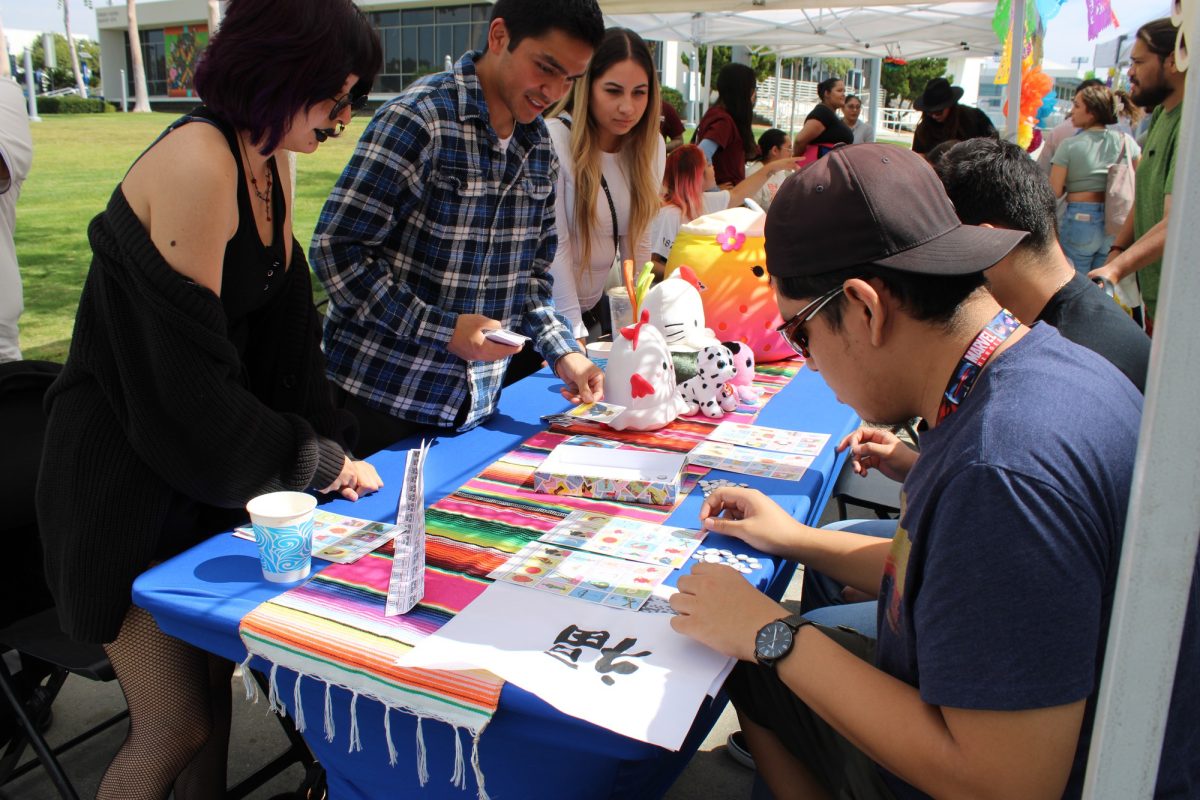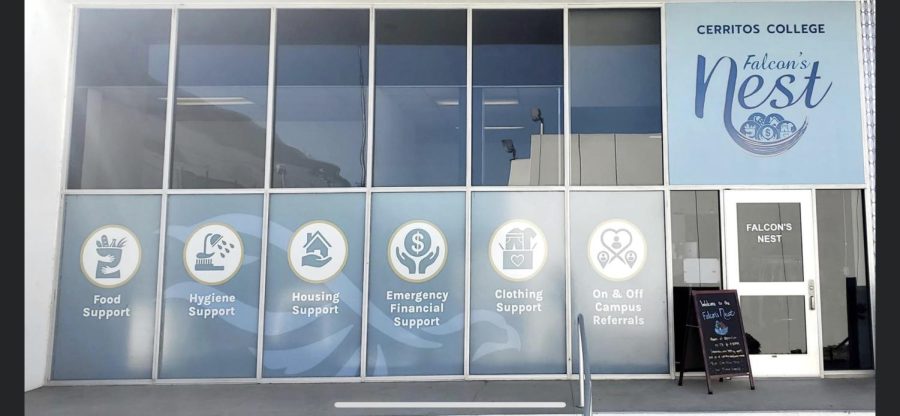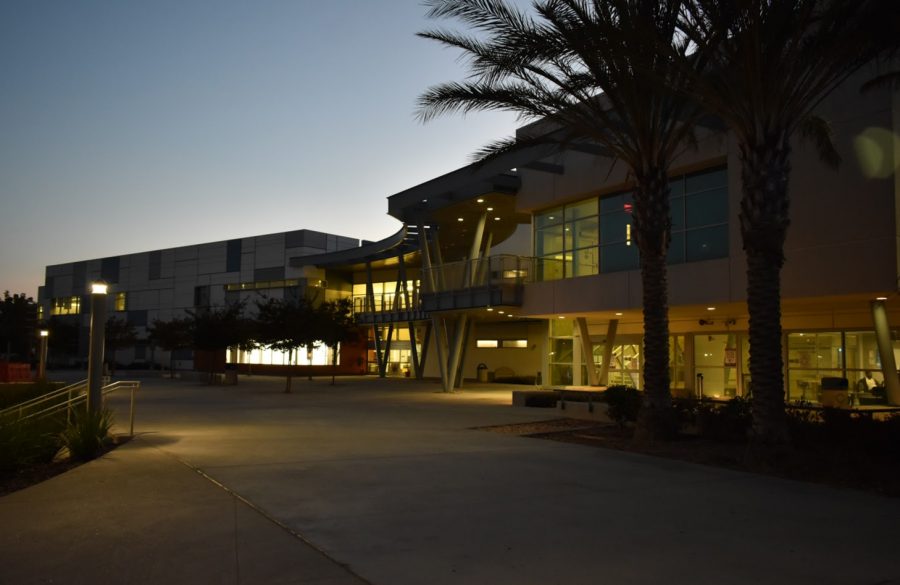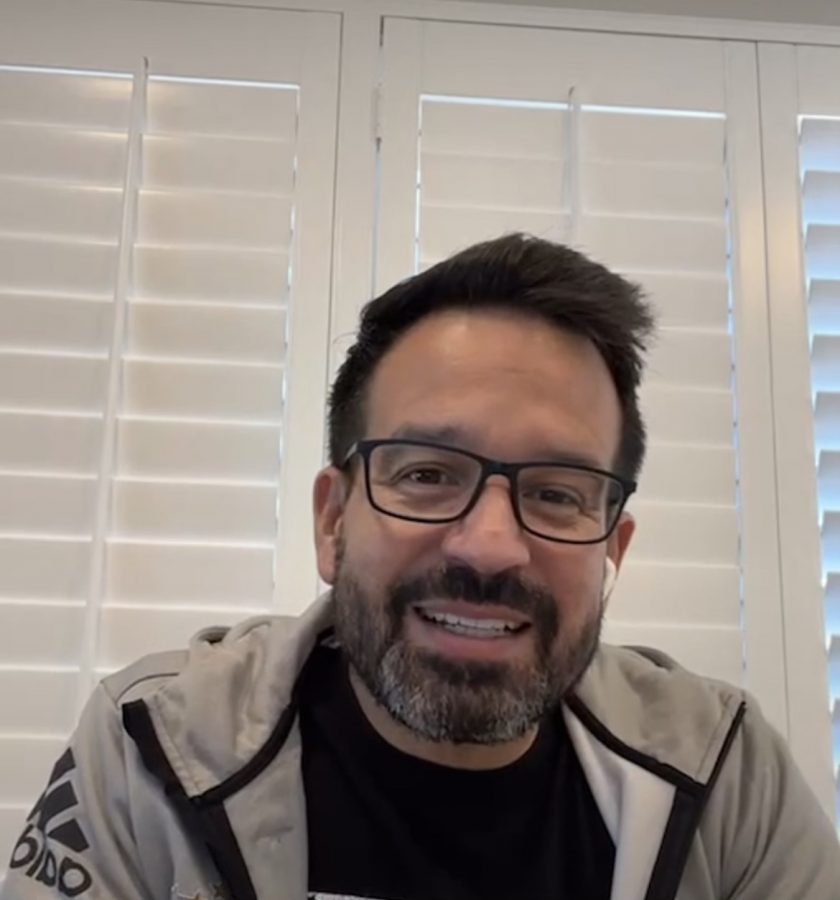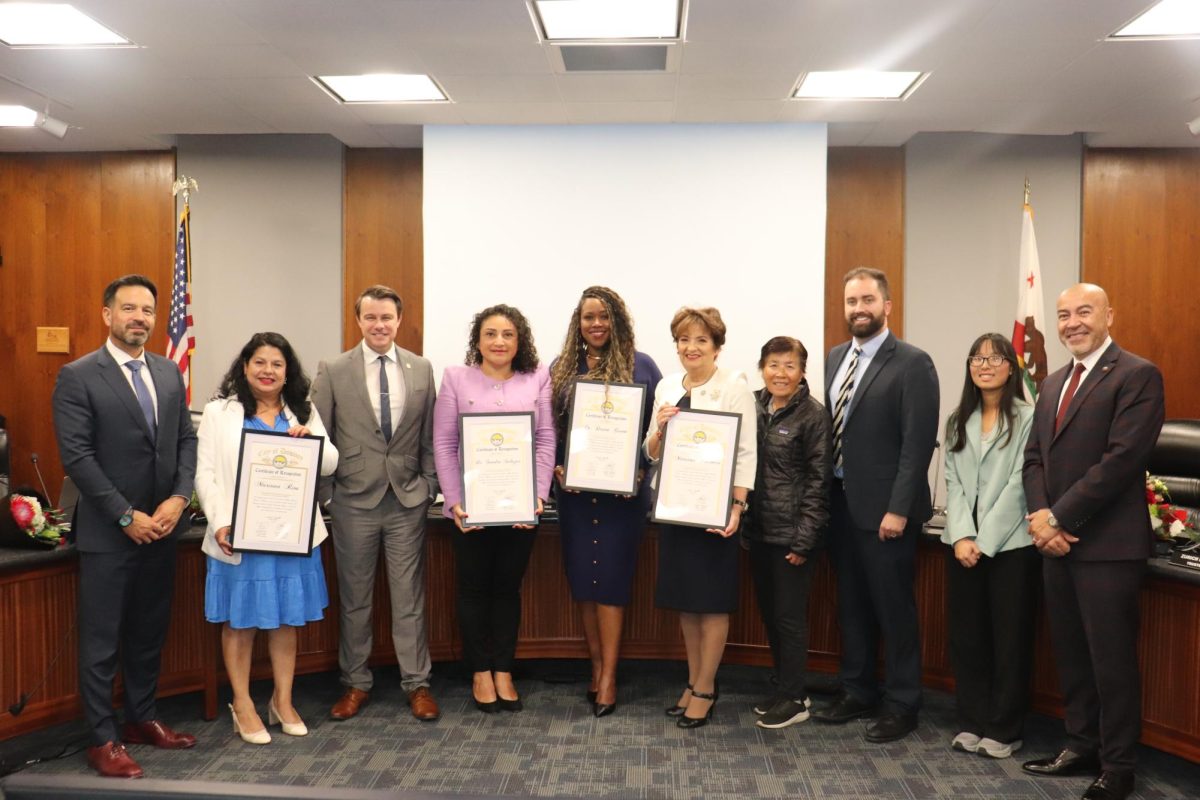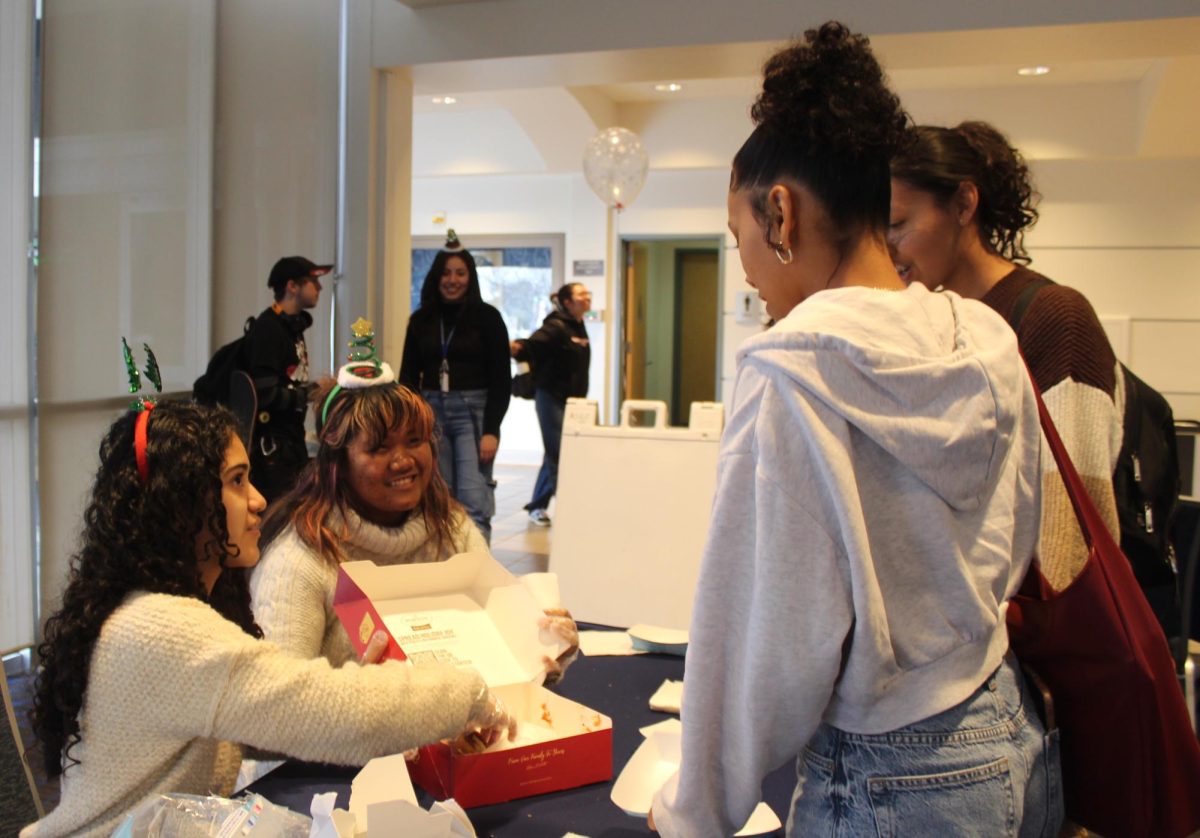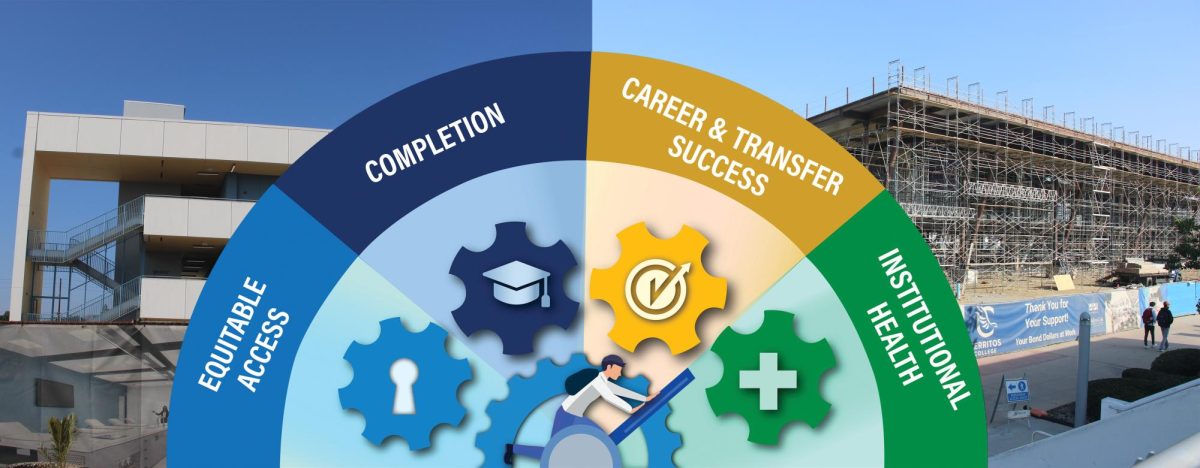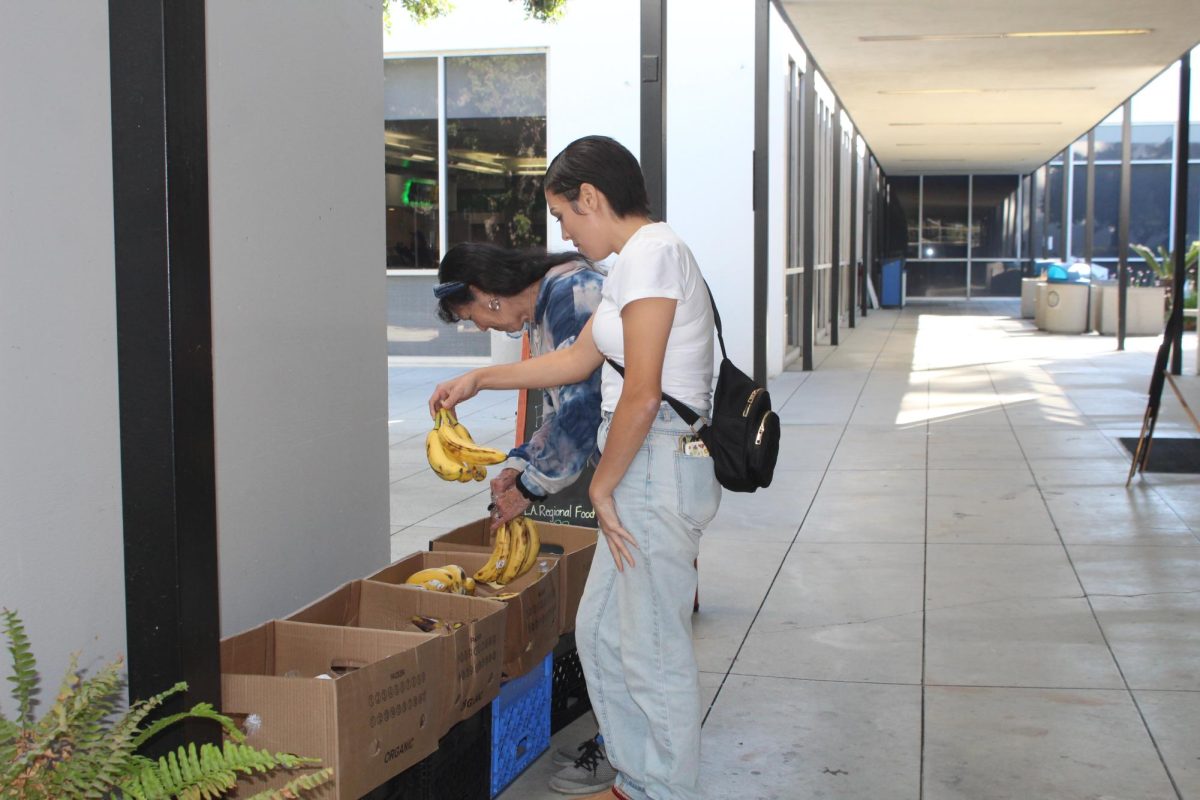“The internet is the most powerful tool for creating a more open and connected world.
“We can’t let poorly developed laws get in the way of the Internet’s development,” Facebook CEO Mark Zuckerberg said.
Last week, websites such as Wikipedia and Google featured content and motifs regarding censorship.
This was a mass effort made by the Internet community as a means to raise awareness for the SOPA/PIPA (Stop Online Piracy Act) bills being proposed by Congress.
These bills have been promoted to protect the intellectual property of the music, film and technological industries through government supported legal intervention.
While there are already laws such as the Digital Millenium Copy Right Act (DMCA) that protect intellectual property. The problem is that the majority of the servers providing illegal access to digital media are located overseas.
Therefore, the servers are located outside of the legal jurisdiction of the U.S., rendering copyright laws ineffective.
Passing SOPA and PIPA would extend the jurisdiction of the U.S. government to enforce copyright laws overseas and censor sites found guilty of infringement.
This would provide a service to the creative community by protecting the intellectual properties of many from being illegally distributed.
The cost, however, would be the privatization of the Internet and requiring sites like Facebook and Youtube to begin charging user fees.
“All of the [free] services that people have grown to love, the usage of the Internet threatened by this legislation. If the legislation passes, it will mean that you will pay more for a lot of the things that you’ve come to appreciate,” Brad Durham, contributor to the scientific Youtube channel, BigThink, said.
The fees being charged would be used to cover the costs of creative property legal departments protecting sites from violating infringement laws under the SOPA/PIPA act.
“Beyond [privatizing], the next Facebook, the next Internet service that people could be really excited about, is not going to happen” Durham said.
Opponents to the bill, such as Cerritos College physics and astronomy instructor Carlos Mera, believe that the government does need to enforce copyright laws on the internet, but not to the extreme that is described in SOPA/PIPA.
Mera said, “There are a lot of circumstances where you have to access copyrighted material and you can’t give credit, such as when you’re working on an educational project and you’re not getting any gain out of it.
“The Internet is meant to educate and give knowledge and access to the masses; if you start restricting it, you are taking that away.”
After much protest through temporary censorship, public manifestations, and a flurry of angry letters to Congress of opposition against SOPA/PIPA, the bills have been halted, but not yet defeated.



